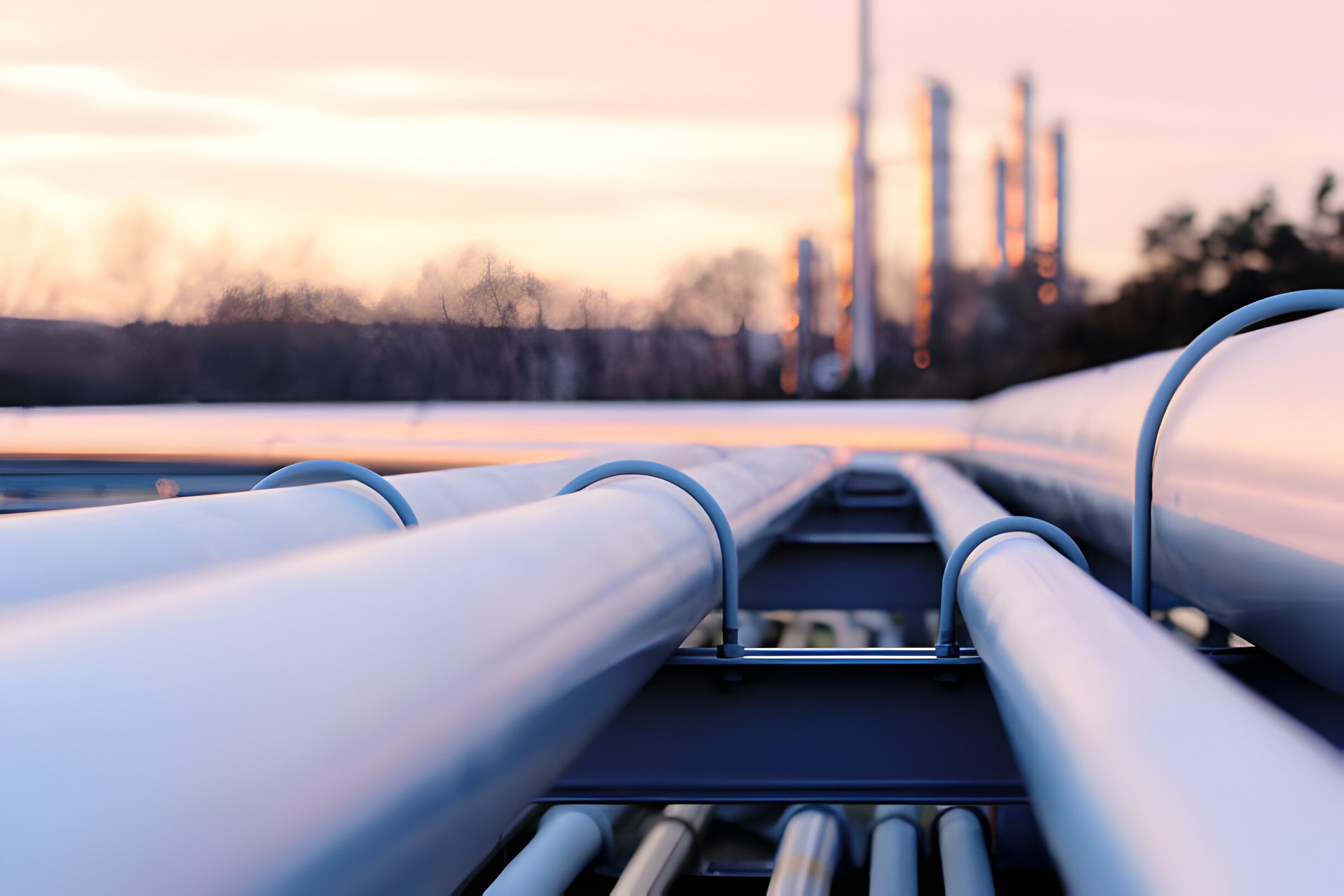In factories and power plants, selecting industrial piping material is essential. That’s because it determines the safety and cost of operations. Pipes transfer liquids like water, chemicals, and much more. If you pick the wrong pipe, it can leak or develop rust. Leaks cause the wastage of costly fluids and destroy equipment. Rust makes pipes more fragile and more prone to bursting. Leaking tubes can release hazardous substances and harm individuals. To prevent such issues, consider how the liquids will be hot or how much pressure will be in the pipes.
Key Considerations to Choose the Right Industrial Piping Material
Fluid Compatibility
This is what matters most. Some kinds of liquids can corrode certain industrial piping materials. For instance, when you employ regular steel pipes for strong acids, the pipes corrode and develop leakages. You require pipes that can transport the liquid without posing a threat of being damaged. Water pipes may be plastic or metal, but for strong acids, you may require an acid-resistant plastic or even fiberglass.
Temperature and Pressure
Other factors include the temperature and pressure that the pipes will be subject to. Higher temperature means hot liquids or high-pressure gases exert more force on the pipes than cool water or low-pressure air. Think about inflating a balloon—the more air one pumps into it, its walls become thinner, and the risk of the balloon bursting increases. Pipes work similarly. When the liquid is hot, or the pressure is high, the pipes have to be stronger and thicker so that they do not burst.
Cost and Installation
While using the strongest material may sound like a good idea, cost is another factor to consider. Some products, such as high-density plastics or metals, are very costly to produce. Installing the pipes can also be expensive. Some of the materials may be hard to work with, requiring skills or tools, which is likely to increase the cost of production. It’s all about how much the pipe costs, how easy it is to install, and what purpose it should fulfill.
Durability and Maintenance
Industrial pipes are meant to last for many years. You want a material that won’t rust, rot, or break easily. All pipes occasionally need fixing, but some materials require more care than others. Think about how long you need the pipes to last and how much maintenance you will do. Consider factors like rust, how easy it is to fix leaks, and how long the pipes should last.
Regulations and Safety
Factories and power plants have to follow safety rules. These rules often say what pipes can be used for different things. Following the rules is essential to keep everyone safe and to protect the environment. Ensure the industrial piping material you choose meets all the safety standards and rules.
Conclusion
Selecting suitable industrial piping material is essential. Some precautions have to be taken depending on the conditions and loads being transported. Reflecting on these five points will help you select the proper industrial piping material that is safe, durable, and affordable. This decision must be made and is cost-effective in the long run for the smooth running of the business.





